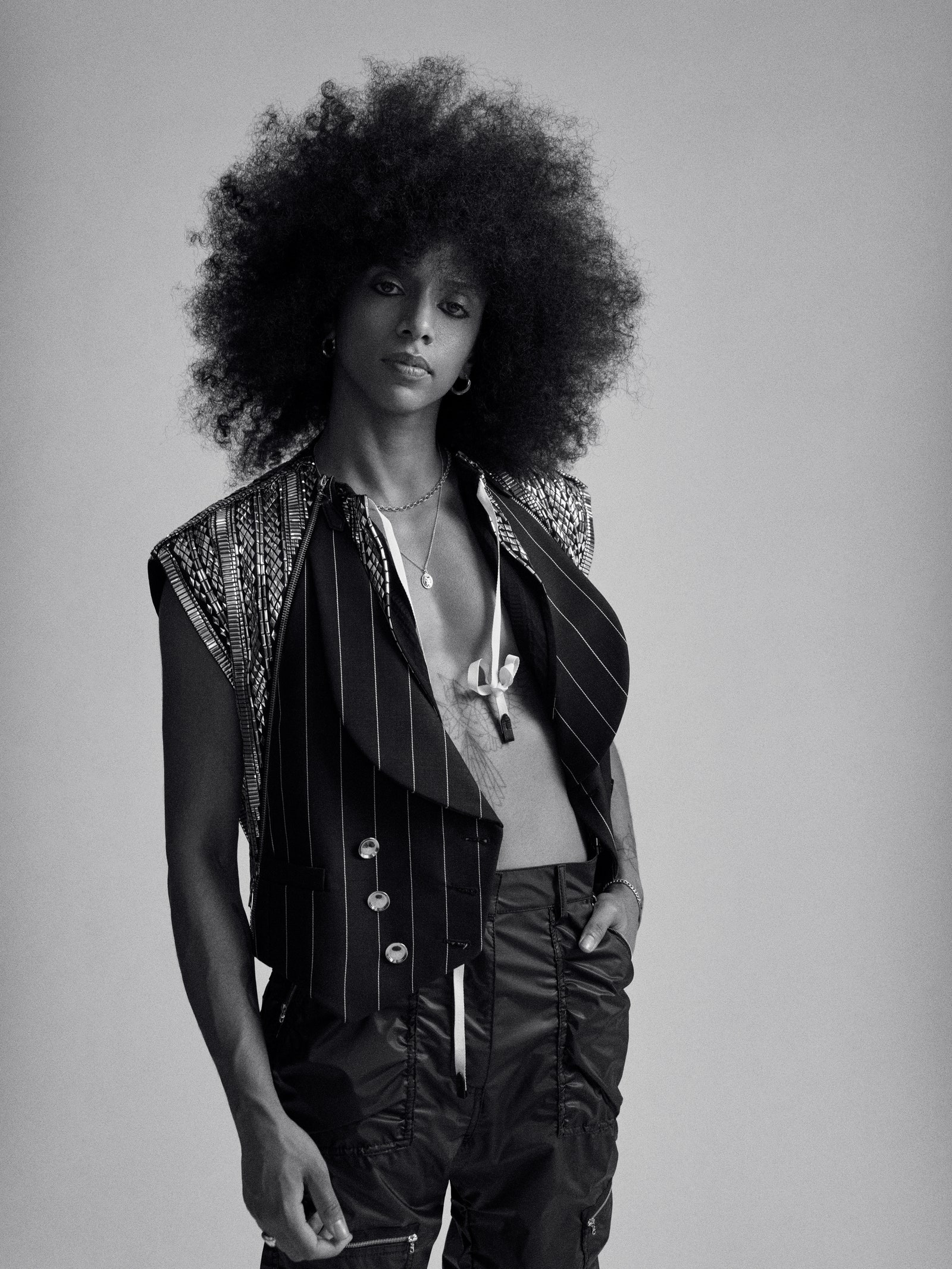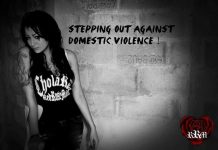Throughout the political tumult of 2020, one of the most prominent voices to become a source of healing and hope was Janaya Future Khan, whose rapidly-growing audience across social media now numbers in the hundreds of thousands. But while the activist’s weekly Sunday Sermons on Instagram provided a necessary forum for those looking to reflect and regroup during the pandemic and the instances of police brutality that sparked a renewal of energy behind the Black Lives Matter movement, Khan’s activism extends much further back—all the way to their childhood, spent between Toronto and Florida, and their subsequent years as a competitive boxer.
Galvanized by the 2014 killings of Michael Brown in Ferguson and Jermaine Carby in Toronto at the hands of police officers, Khan has had a longstanding involvement in Black Lives Matter—even launching its first international chapter in Canada—and became a necessary and informed voice for those seeking direction last summer. And like many around the world, Khan found themselves dismayed and angered by the scenes that unfolded on Wednesday at the U.S. Capitol building, where riots led by Trump supporters sieged the building to disrupt the final counting of the Electoral College ballots in favor of Joe Biden’s Presidential win, resulting in five deaths.
Today, Khan shares with Vogue a meditation on the circumstances that allowed these horrific events to take place, as well as a path forward for activists. Importantly, Khan points out the lack of police presence at the Capitol this week, a fact that exposes, in their own words, “a clear double standard for how Black protestors have been treated over the past several years. What we know to be true is that there is a way that white rage is celebrated in this country and Black grief is criminalized.”

For Khan, the response should be one that fully takes into account how we reached this point. “I’ve seen over and over again this idea that this is not America,” they add. “But my question is, what if it is? What if this is America? And what if the only way that we’re going to get through this thing is to actually name something [for] what it is. What if America is just as full of possibility as it is ugly, and the only way we get to decide which way it goes is if we actively weigh in?”
At the end of the day, Khan’s message is simple: to keep “using our voice,” as they note that this moment should be a reminder of just how urgent and powerful raising our voices—and elevating those which are suppressed—can be in the face of resistance and hate. “Things have been so tough and so ugly that some of us just want to shut down,” they continue, “but activism isn’t an invitation into sorrow, it’s an invitation into song. It’s a way that we use our voice, a way that we help shape the world and the society that we want to see, that we deserve, that we want to live in. When we see hate rear its ugly head, we will shut it down, we will speak it, we will name it [for] what it is. And we won’t be afraid to use our voice.”




